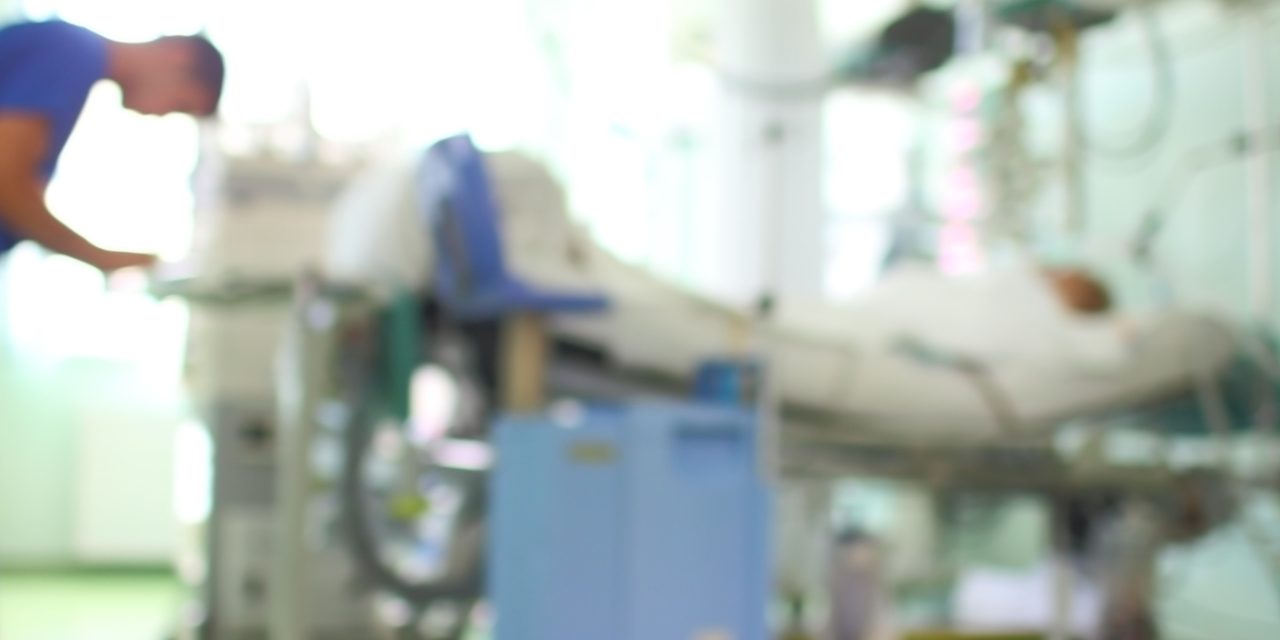This study evaluated the impact of a dedicated outpatient service on vaccination uptake after splenectomy and on the incidence of postsplenectomy sepsis.
From 2009 to 2016 at the University Hospital Freiburg (Germany), asplenic patients were referred to a dedicated outpatient service, provided with comprehensive preventive care including vaccinations, and enrolled in a prospective cohort study. The impact of the service on vaccination uptake and the occurrence of severe sepsis/septic shock was compared between patients who had splenectomy (or were asplenic) within 3 months of study entry (“early study entry”) and those who had splenectomy (or were asplenic) >3 months before study entry (“delayed study entry”).
A total of 459 asplenic patients were enrolled, and 426 patients were followed prospectively over a median period of 2.9 years. Pneumococcal vaccine uptake within 3 months of splenectomy or first diagnosis of asplenia was 27% vs 71% among delayed study entry and early study entry patients, respectively ( < .001). Forty-four episodes of severe sepsis or septic shock occurred in study patients: 22 after study entry and 22 before study entry. was more frequent among sepsis episodes that occurred before study entry (8/22) than after study entry (1/22 episodes). For episodes occurring after study entry, only a higher Charlson comorbidity index score was significantly associated with severe sepsis/septic shock postsplenectomy.
With dedicated outpatient care, high uptake of pneumococcal vaccination postsplenectomy was achieved. Sepsis episodes were largely of nonpneumococcal etiology in patients who had received dedicated postsplenectomy care.
© The Author(s) 2020. Published by Oxford University Press on behalf of Infectious Diseases Society of America.
A Single-Center Prospective Cohort Study on Postsplenectomy Sepsis and its Prevention.


